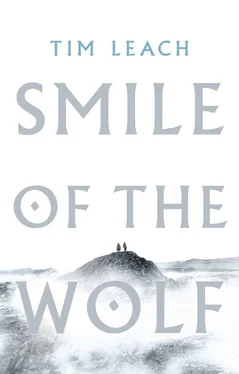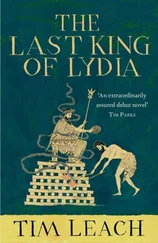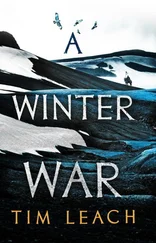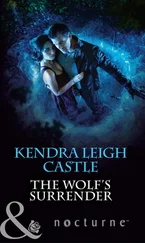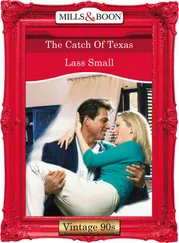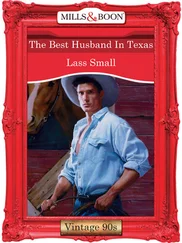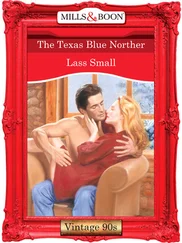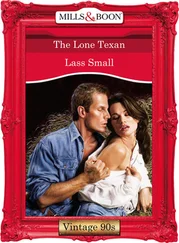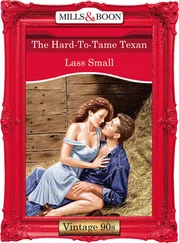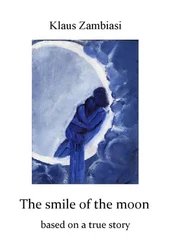But everywhere you went, you would feel the cold hand of the king on your shoulder. You would come to see the gold you wore as a yoke, as chains. And you would dream of Iceland, where there is no king demanding you kneel before him. Only brave men, demanding that you fight beside them, or against them.
Perhaps you will not go so far as that. You will travel a little way to the south: to Orkney or Scotland. A little further, to the land of the Irish or to England. You may make your fortune there, with a merchant’s skill or warrior’s sword. But they are not your people. The clans and tribes are no kin to you, and you will find no welcome there. A tolerance, yes, if you bring them gold and iron, but no friendship. You will settle there, hoping that things will change. They never will. And you will die there alone, dreaming of Iceland.
Or perhaps you will go further still, to the ruins of old empires in distant lands, to lands that burn beneath the sun, cursed by the gods. You will find no quarter there, only desolation and treachery.
For there is no country as beautiful as this. You must know this. We came to make a new world with all things set right. We failed, for we are weak and foolish and cruel. But there is still something of the dream left here, some power in that spell. And there is none of it to be found in the rest of the world.
Promise me this. That if you decide that you must leave, you will sail not to the south or to east. For there is nothing there for you, no country to match your home. Promise me that you will go to the west instead.
Do not speak, for I already know your answer. You will tell me there is nothing but endless ocean there for a ship to wander lost upon, for a crew to starve in. Perhaps this is so, and it would be a hero’s death, have no fear of that. The bravery of the sailor in unknown waters is greater than that of the swordsman on the battlefield. But there may be another land out there. And if it is there, it will be a country untouched by men.
For that is the only country that could be better than our country without kings. A country without men. An empty land, waiting for a new beginning.
If you must leave, you must go west. To die on the empty sea, like a warrior facing down hopeless odds. Or to find a new land to call your own.
The night of the feast. The air still, the sky clear. Gunnar’s family stood side by side, washed and anointed like those gone to sacrifice in the old country, Kari holding the reins of the black stallion, the horse a brother to him now. We all stood together and looked to the hills.
It was the first time that day that we had been still and waiting. The cooking fires had been burning all day, the smoke so thick in the longhouse that one had to crawl across the floor to breathe. Gunnar and I had become things of blood, butchering animals from the herd one after another without pause, our arms and faces marked with gore. Always casting our eyes on the descending sun, worrying that we did not have the time.
Then we were in the river together, scouring our skin with sand and grit. On the bank, skin drying in the sun – yet still we worked, stitching our torn clothing, braiding hair and beard. It was only when the sun had fallen low, after we had lit the fires and let the torches call silently out into the night, that we could be still. That we could wait, and hope.
Would any come? More than a dozen had made their promises, some strong, some weak. But there were none whom I could believe in without question. We might stand there waiting all night, with enough meat cooked to feed twenty families and not see a single visitor. No doubt we would lack the heart to eat any of it that night if no one came. Some would be salted and put away, the rest cast out to rot, left as carrion like the dead of a defeated army.
An hour passed and I felt Gunnar’s hand grip mine a little tighter, as if it were a sword hilt and he were facing fearful odds on the battlefield. It seemed as though the worst of our dreams had come to pass. That all of his restless wanderings had been for nothing, all the pledges of allegiance empty.
But then we heard a drum begin to beat.
Distant, steady, unmistakable, and coming towards us. A shiver of joy passed through me as I heard the drum joined by another, and another. And then there was fire on the horizon. The torches and the music coming towards us.
We had no instrument to answer them but our voices. We howled like wolves, baying at the moon, calling them to gather around. And they came, ten families from across the Salmon River Valley, men and women and children all together, drunk and laughing, come to join us for the feast.
What manner of men they were. Those like Narfi Thorkelsson, who cared not for honour or kinship, longing only for the glory of a fight against greater numbers. Desperate men such as Odd the Fox, who had no hope of winning favour with a chieftain and were willing to stake their loyalty to a warrior like Gunnar. Reluctant men like Kormac Bersisson, called upon by the debts of blood to join us against his better judgement. These were those we had to stand beside us in the feud.
Since the killing I had forgotten what it was to feel a kinship to any man but Gunnar. Now I felt the strength that only comes from a gathering of warriors. Let me be outnumbered and doomed to die, but so long as I still have a good man standing on every side, I know that I will feel no fear. I will go to death content. For the people of my country do not fear death. We only fear that we will die alone.
*
I remember many things of that night. Narfi and Gunnar speaking together, then suddenly furiously grappling with one another, pausing to talk calmly for a moment, and then wrestling once more, as others looked on and laughed. The children running wild around us, forming and breaking and wheeling like flocks of birds in the sky. The women talking together, some having not spoken in years in spite of living but a few miles apart, lost in the labyrinths of their homes. Though I looked and looked again, hoping anew each time, I did not see Sigrid amongst them.
We talked for hours, on every subject except that of the feud. We sang our throats hoarse; I spoke my poetry; we laughed and cursed together. But to my memory, it was as if the whole night passed in silence, like a wordless prayer. I remember no words that were spoken.
I remember being filled with a sudden restless energy, and saw, too, Kari standing hesitant on the edge of the circle. I gave chase, lumbering after him, rolling my shoulder up into a hunchback and twisting my face. He ran from me, laughing, and I heard the others jeering and laughing at me in equal measure.
Perhaps they thought it a shameful thing, to play a child’s games when one was a man. But perhaps they too wanted to forget as I did, to live fully within the game or the song, if only for a moment. If only ours was an island of children, we might know peace. For children feud – of course they do, quarrelling with more eagerness than any warrior. But they know how to forgive. And it seems that as we grow old, and learn of honour, that quality is what we lose.
Later, those who lived close began to stumble towards their homes, still laughing and singing. Others went to the longhouse to sleep wherever they could find a place on the floor, their children lying outside, piled together like sleeping beasts, immune to the noise and night air. We threw blankets over them and let them be.
I went out into the air, and I saw Dalla saying farewell to Kormac Bersisson and his kin.
‘I did not think to see you here, Kormac,’ she said.
‘I did not think to be coming.’ Kormac scratched the back of his head and looked down at the son who stood beside him. ‘But your husband is a brave man, even though he is unlucky. Perhaps there is better fortune in your future.’
Читать дальше
